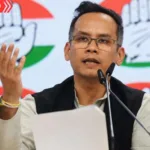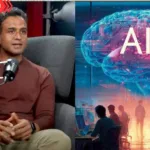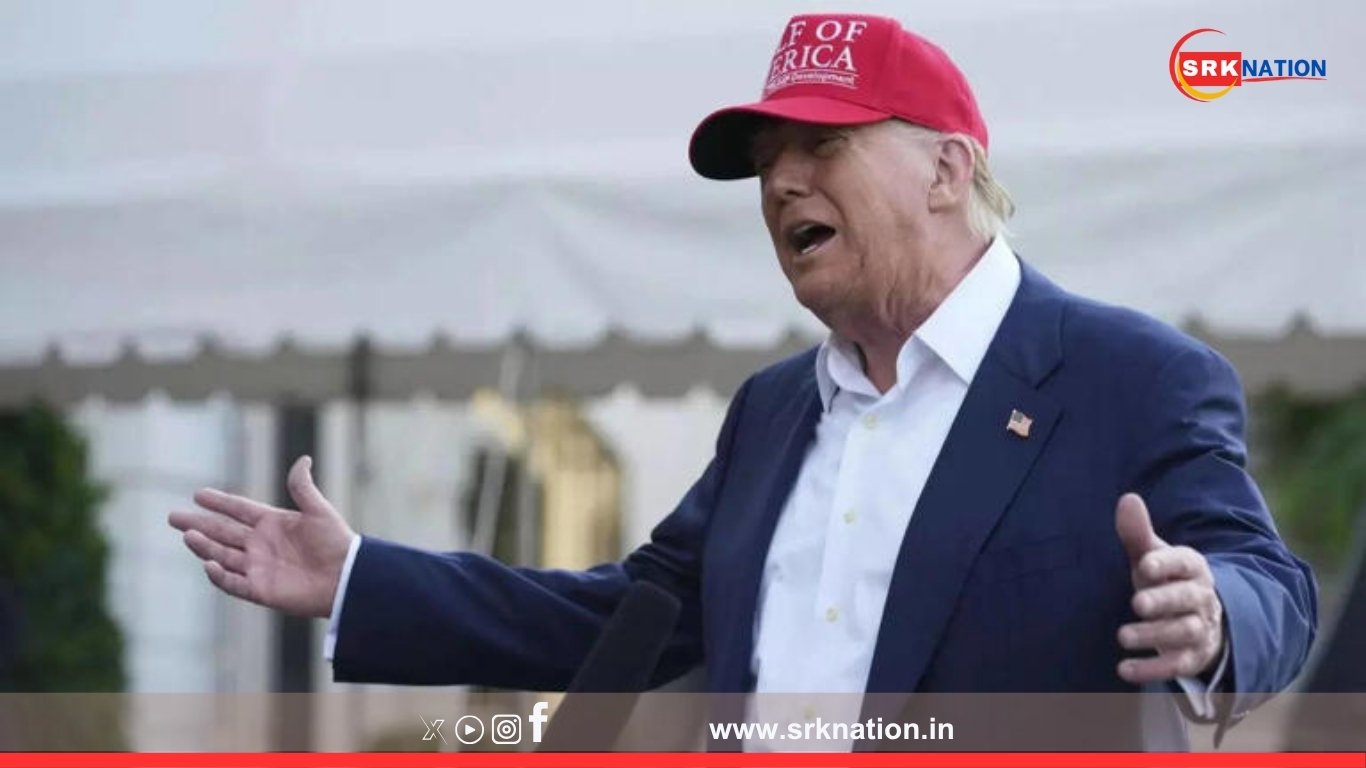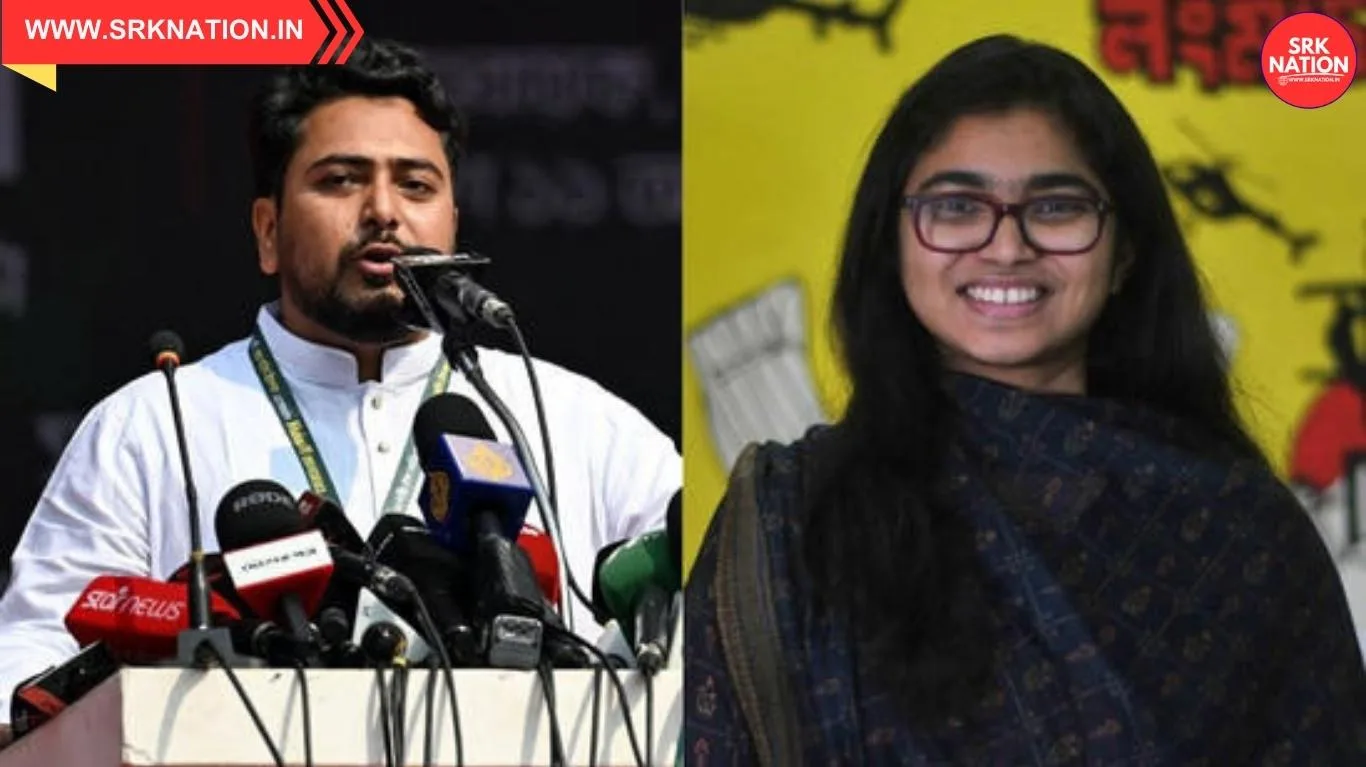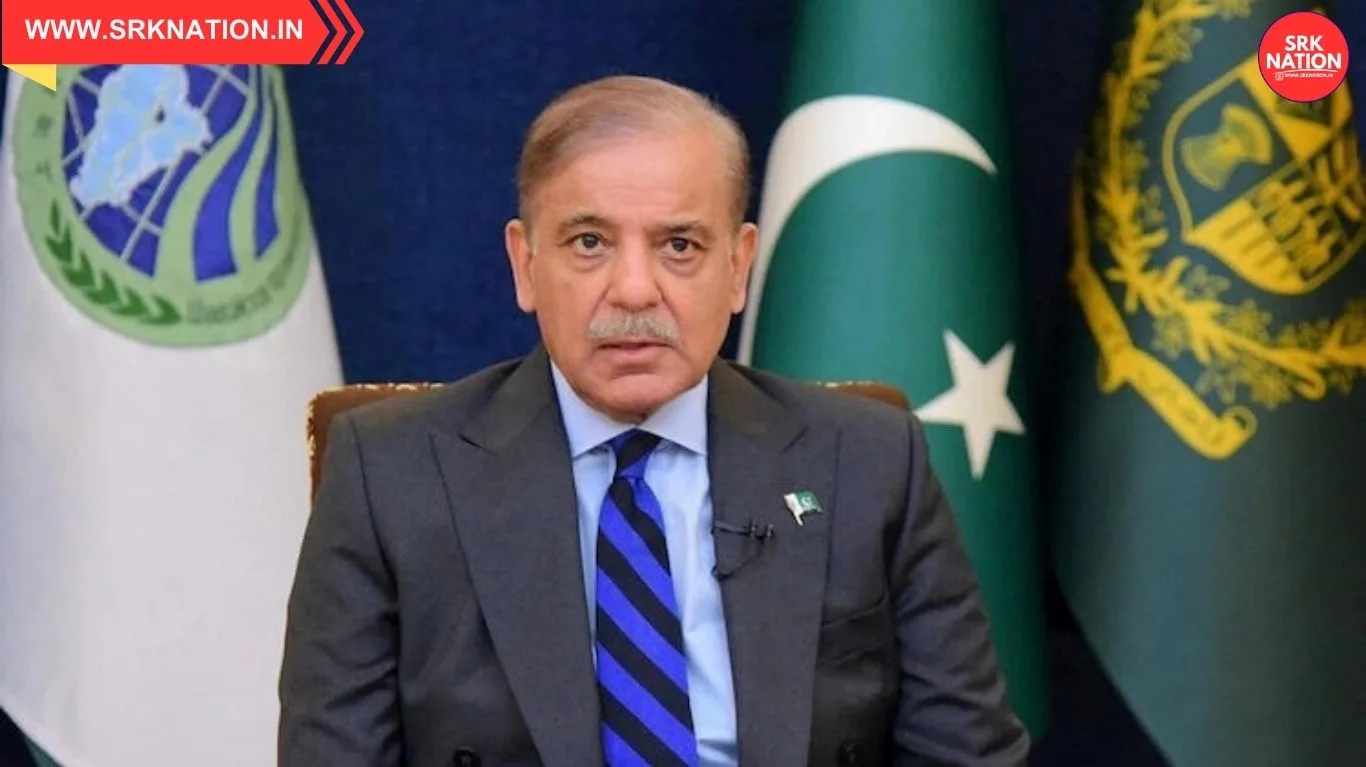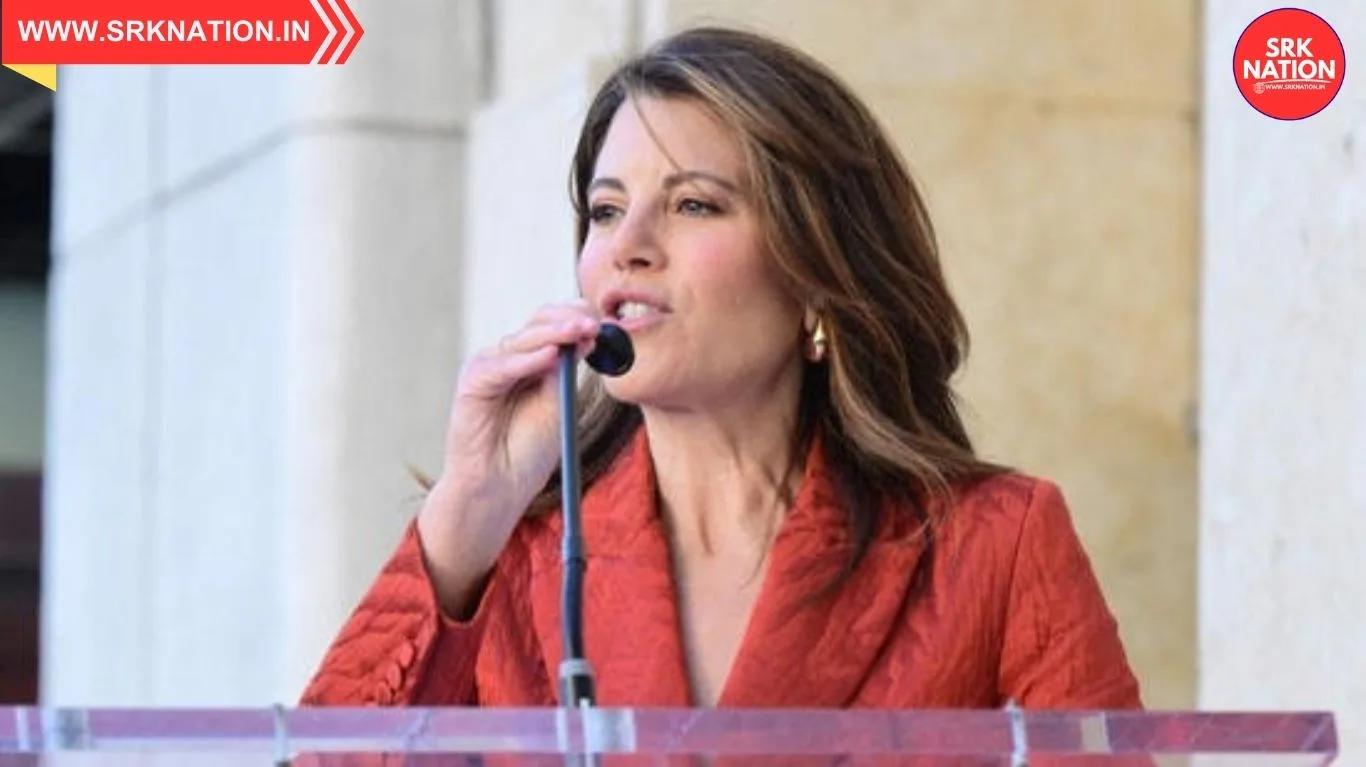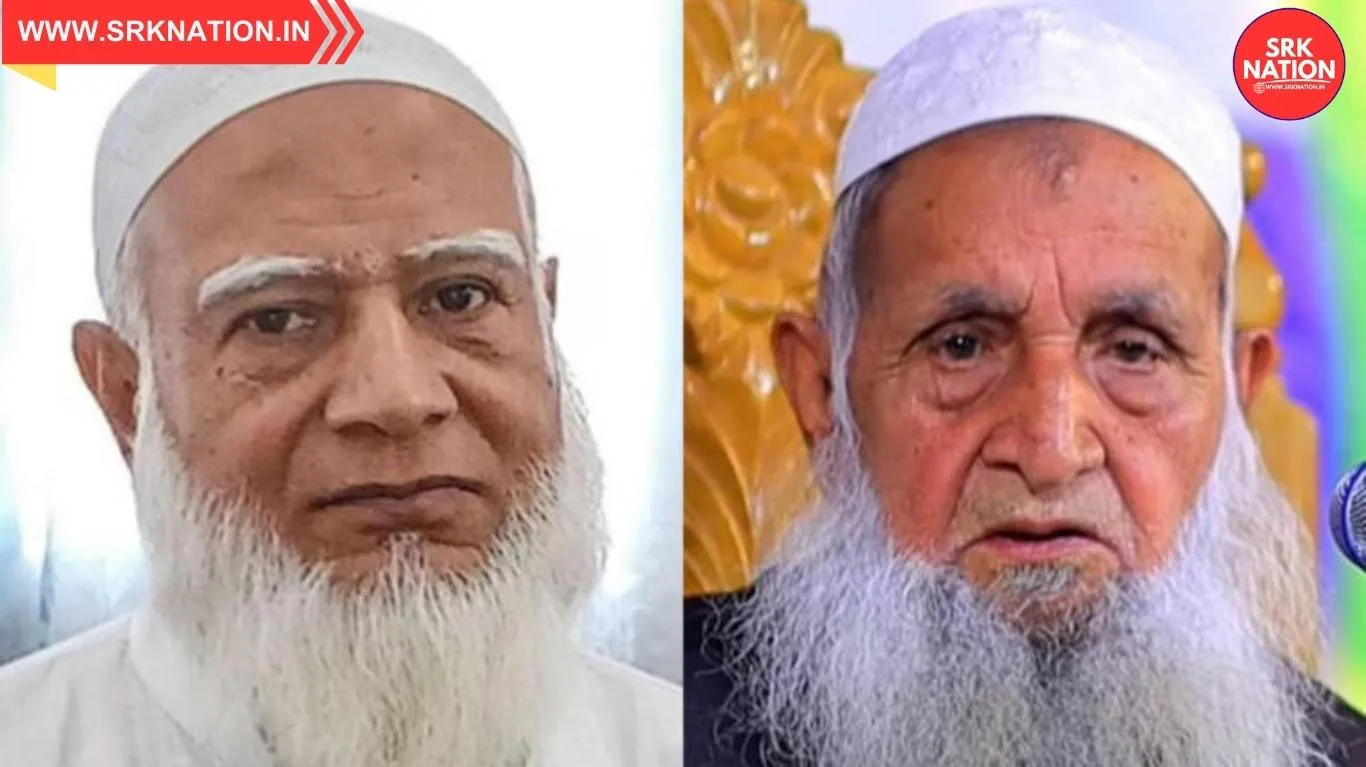A prominent Republican leader has sparked controversy by alleging that Indian-origin managers in the US technology sector systematically refuse to hire American workers, warning that former President Donald Trump’s political legacy would be jeopardised if he finalises any bilateral job market deal with India.
Speaking at a Republican policy forum in Texas on Wednesday, conservative Congressman Paul Gosar criticised reported backchannel negotiations between Trump’s campaign advisors and Indian officials over easing work visa restrictions in exchange for potential trade concessions if Trump returns to power in November.
Key Highlights of Republican Leader’s Statement
Paul Gosar, known for his hardline anti-immigration stance, stated:
“Indian managers in the US are refusing to hire qualified American tech graduates. They prefer importing workers from India on H-1B visas. If Trump makes any deal with India to further liberalise job visas, his legacy on protecting American workers will be destroyed.”
His remarks drew strong reactions across the political and corporate spectrum, with many viewing them as an attempt to consolidate the Republican base ahead of the US Presidential elections.
Context: Trump’s Outreach to India
Reports have emerged that former President Donald Trump’s team is exploring a framework to strengthen US-India strategic and economic ties, including:
- Streamlining H-1B and L-1 visa processes for Indian professionals
- Enhancing defence trade and co-development projects
- Expediting trade agreement negotiations stalled during his first term
Indian IT industry leaders have welcomed such outreach, arguing that skilled visa liberalisation would boost both countries’ economies.
H-1B Visa Controversy: Data Snapshot
| Fiscal Year | Total H-1B Visas Issued | Indians’ Share (%) | Americans Unemployed in Computer Occupations (%) |
|---|---|---|---|
| 2019 | 188,123 | 74% | 2.4 |
| 2021 | 161,639 | 73% | 2.2 |
| 2023 | 182,413 | 75% | 2.5 |
| 2024 | 187,520 | 76% | 2.6 |
While unemployment in US tech occupations remains below national average, critics argue that outsourcing and offshore hiring have depressed wages for local graduates.
Industry Reactions
NASSCOM US, the American arm of India’s IT industry body, issued a statement rejecting Gosar’s comments as “baseless and divisive,” adding:
“Indian IT companies are among the largest job creators in America, employing over 175,000 US nationals directly and supporting over 400,000 jobs indirectly through their investments.”
Major US tech companies with large Indian-American managerial presence also defended their hiring policies, emphasising merit-based recruitment in line with federal employment law.
Republican Base and Anti-Immigration Rhetoric
The Republican party remains divided over skilled immigration policy:
- Hardliners like Paul Gosar and Marjorie Taylor Greene oppose any increase in foreign work visas, citing “American jobs first” agenda.
- Moderates and business-focused Republicans support expanding high-skilled visas to retain global competitiveness.
| Republican Faction | Key Leaders | Position on H-1B |
|---|---|---|
| Hardliners | Gosar, Greene, Gaetz | Reduce or end H-1B, prioritise citizen hiring |
| Moderates | Nikki Haley, Tim Scott | Reform system, retain merit-based skilled immigrants |
| Trump Loyalists | Donald Trump Jr, Kari Lake | Previously supported restrictions; current stance under review |
Potential Impact on Trump’s Election Strategy
Political analysts suggest that while Trump targeted H-1B visa programmes during his first term to appeal to Rust Belt voters, his current outreach to India aims to:
- Strengthen ties with the world’s fastest-growing large economy
- Court Indian-American voters in swing states like Texas, Georgia, and Pennsylvania
- Leverage India’s strategic partnership to counter China
However, statements like Gosar’s could force the Trump campaign to clarify its position to balance between protectionist rhetoric and economic realism.
Indian-American Voter Perspective
Indian-Americans constitute approximately 1.8% of the US electorate, with significant concentrations in battleground states. Surveys indicate:
| Election Year | Indian-American Support for Democrats (%) | Republican (%) |
|---|---|---|
| 2016 | 77 | 17 |
| 2020 | 72 | 23 |
| 2024 | 70 | 25 |
| 2025 (projected) | TBD | TBD |
Community leaders warn that Republican anti-immigration narratives could alienate Indian-origin voters despite outreach efforts.
Corporate America’s Concerns
US tech industry associations such as TechNet and ITI have long advocated for:
- Expanded H-1B quotas to address STEM talent shortages
- Streamlined Green Card processing to retain international talent trained in US universities
- Avoiding arbitrary restrictions that could push companies to offshore more roles
They fear polarising remarks by political leaders may disrupt ongoing efforts to stabilise America’s skilled immigration system.
Indian Government’s Stand
India has consistently raised H-1B visa delays and quota caps as key concerns in bilateral economic dialogues. Officials argue that Indian IT professionals:
- Fill critical skill gaps in emerging tech
- Contribute taxes and consumer spending in local US economies
- Enable US companies to remain globally competitive
Diplomatic experts suggest any Republican move to restrict Indian skilled immigration could complicate US-India strategic convergence on defence, semiconductors, and critical minerals.
Analysts’ Take on Gosar’s Remarks
Policy analysts note that while such statements appeal to protectionist voter bases, they overlook economic realities:
“India-US technology integration is deep. Blanket anti-India narratives harm mutual interests, especially when the US needs high-tech talent to compete with China in AI, semiconductors, and quantum technologies.”
Way Forward for Trump Campaign
Republican strategists believe Trump may adopt a “merit-based immigration” narrative, emphasising:
- Protecting American jobs in low-skilled sectors
- Attracting top global STEM talent to maintain US leadership
- Strengthening bilateral ties with India for strategic gains
This approach could address base concerns without alienating Indian-American voters or corporate backers.
Conclusion
The controversy over Congressman Paul Gosar’s remarks underscores the political sensitivities surrounding H-1B visa reforms, India-US job market dynamics, and Trump’s electoral strategy. As campaign season intensifies, how Republicans balance protectionist rhetoric with economic and diplomatic imperatives will shape not only their electoral prospects but also the future trajectory of US-India relations.
Disclaimer: This report is based on political statements, official data, and expert analyses. It does not express personal opinions or policy recommendations.

